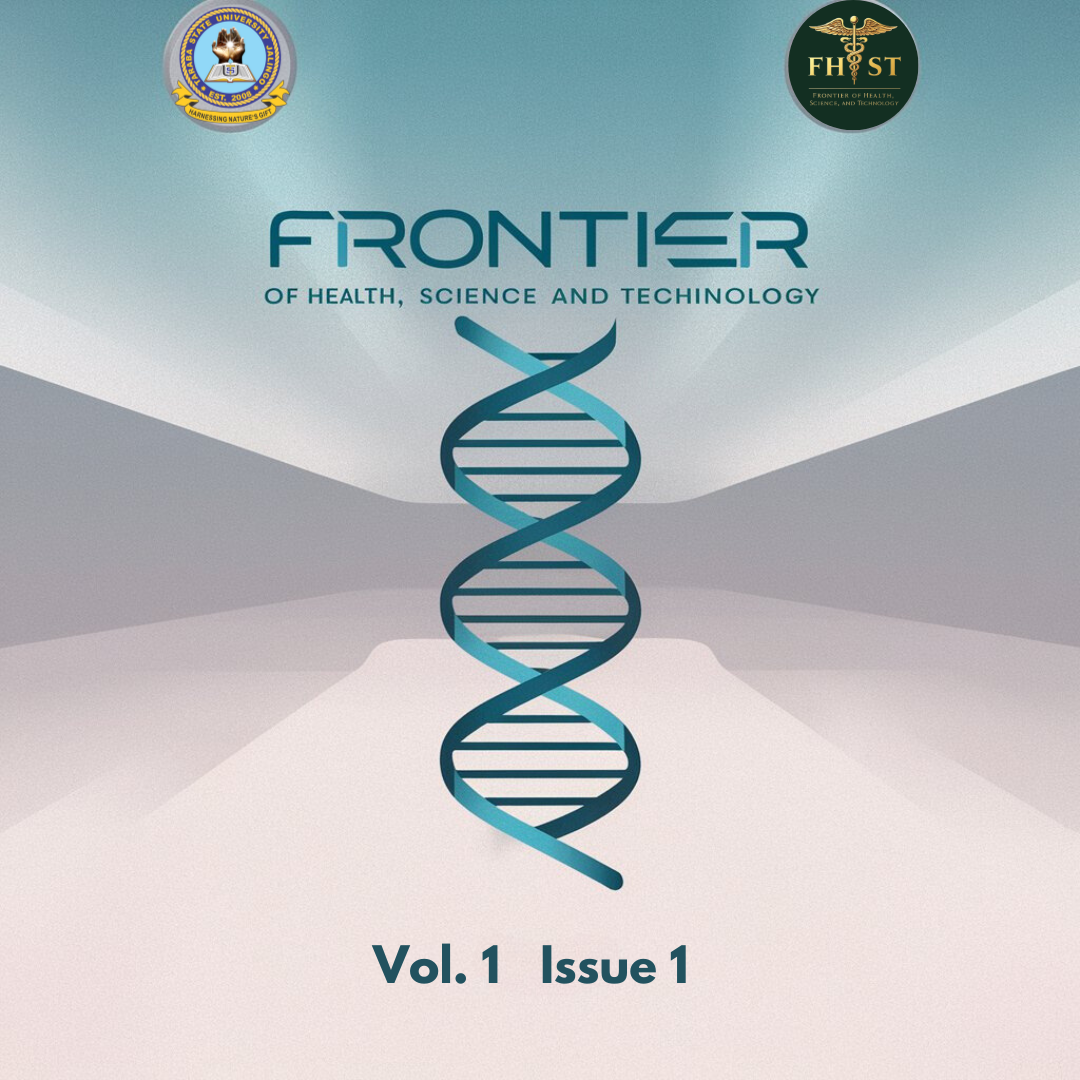KNOWLEDGE OF PSYCHOACTIVE SUBSTANCE USE ON MENTAL WELL-BEING AMONG STUDENTS OF GOVERNMENT SECONDARY SCHOOL NYABUNKAKA JALINGO METROPOLIS
Keywords:
Psychoactive Substance Use, Mental Well-being, Secondary School StudentsAbstract
This study aims to examine the knowledge of psychoactive substance use on mental well-being
among students of government secondary school Nyabunkaka Jalingo metropolis. A structured
field survey was conducted, encompassing a sample of 362 students from Government Secondary
School Nyabunkaka in Jalingo Metropolis. Results from the first hypothesis which examined the
knowledge levels of psychoactive substance use based on students' class levels, revealed a
significant difference (X2 = 36.140, p<0.001). The majority of students displayed low knowledge
levels (46%), with fewer students showing average (32.5%) and high (14%) knowledge. The
second results indicated no significant age difference (X2 = .681, p>0.05), suggesting that age
does not play a major role in determining substance use among the students. The analysis showed
that 37.1% of students aged 13-16, 36.6% of those aged 17-20, and 31.7% of students aged 21-25
engaged in substance use, with a larger percentage of students across all age groups opposing it.
The third finding demonstrated a significant gender difference (t = -7.151, p<.001), with female
students exhibiting higher knowledge levels (M = 3.03, SD = 1.72) compared to their male
counterparts (M = 1.60, SD = 1.84). The study highlights the need for enhanced awareness and
education on psychoactive substance use among secondary school students to improve their
mental well-being. The significant knowledge gaps identified call for comprehensive educational
campaigns and targeted programs that address both the general student population and specific
demographics, such as gender.


